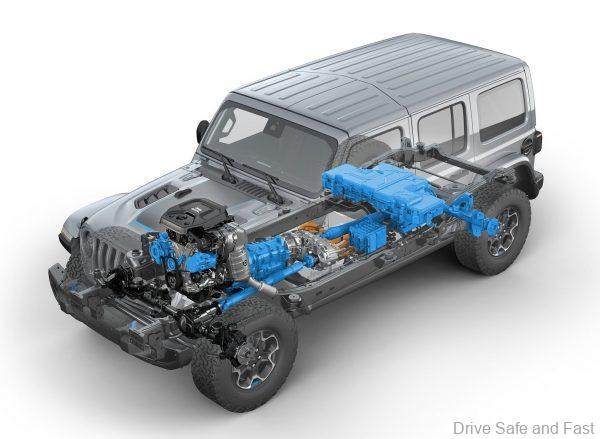Also understand that we will not see more electric cars on our roads for years.
There is still a lot of negativity when it comes to persuading the average Malaysian car buyer to switch to a full electric car. With so much social media attention in recent years on the high cost of plug-in hybrid car battery costs and the issues related to battery charging time and driving range anxiety, adoption is very slow in Malaysia.
For the wealthy Malaysian, owning a battery powered car like the Porsche Taycan, Tesla or even the Mini Cooper SE(EV) is easy as these owners have a few cars in their garage and most of them are not completely reliant on their battery powered car every day.

For the average Malaysian, battery cost will be an issue as they might want to keep their EV for more than 7 years or need to take that balik kampong trip every quarter and a charging station (more than one please) along the way is needed without having petrol or diesel cars parked in the charging spot (common problem today).
Current electric cars like the Mazda MX-30, Honda-e, Lexus UX EV and the Hyundai Kona EV (all pictured below) is what middle class Malaysians want to buy if the selling prices are below RM140,000 or so.
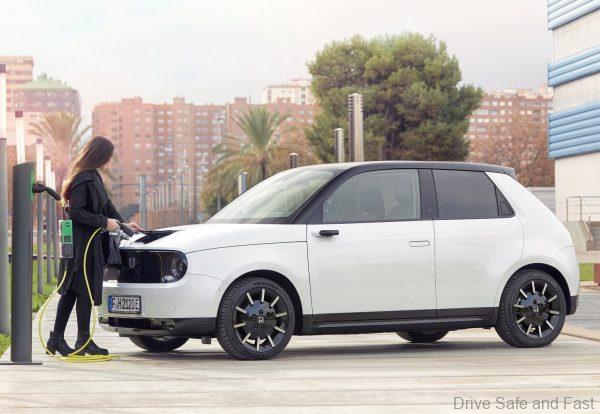
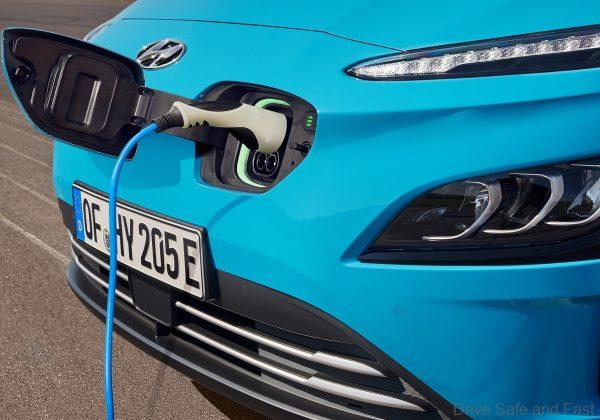
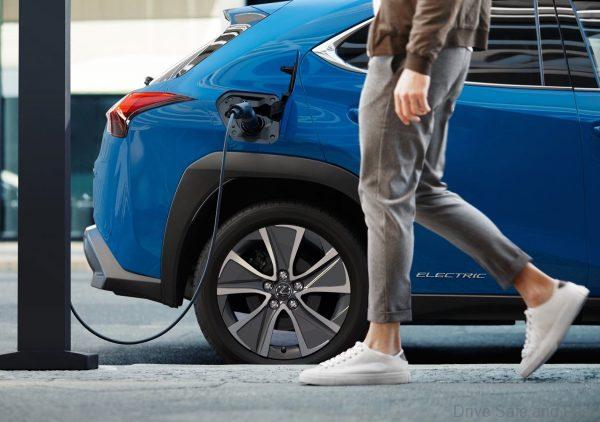
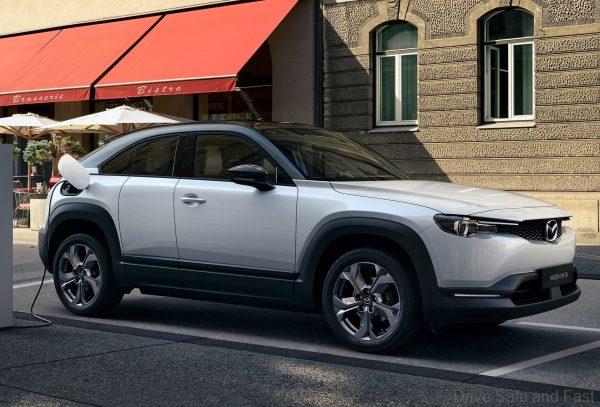
Current Demand
The final global sales results for battery electric vehicle (BEVs) and plug-in hybrids (PHEVs) for November 2020 are quite surprising. The total number grew from 416k to 428,400 units, which is 128 percent higher than a year ago in November 2019. The Europe total for November was 170,400 units, 195 percent higher than for Nov 2019 and China increased to 209,000 units.
Germany is the second largest market for PEVs now, and by a healthy margin. Last November sales were nearly 60,000 units, over 5 times the Nov 2019 volume. USA disappointed by only 33,000 sales in November with two thirds of the volume coming from Tesla. Year to date sales in Germany stand at 315000 units BEV and PHEV, half of that still PHEVs. The global total stands at 2,638,100 units and you can expect the year end number to be around 3,100,00 million BEV+PHEV.
Current Prices
Yes, BEV and PHEV battery prices are still rather high (well as high as buying a new replacment premium petrol engine for your car). In December 2020, it was estimated that an EV battery pack was some 13 percent lower.
Five weeks ago BloombergNEF cited that lithium-ion battery pack prices, which were above USD1,100 (RM4,425) per kilowatt-hour in 2010, have fallen 89 percent in real terms to just USD137/kWh (RM551) in 2020. By 2023, average prices will be close to USD100/kWh (RM402).
For the first time, battery pack prices of less than USD100/kWh have been reported. These were for batteries in e-buses in China. While these were the lowest reported price, the volume-weighted average price for e-buses in China was slightly higher, USD105/kWh.
Battery electric vehicle (BEV) pack prices are USD126/kWh on a volume-weighted average basis. At the cell level, average BEV prices were just USD100/kWh.
The battery pack is the single most expensive part of an electric vehicle, accounting for about 30 percent of the total cost to consumers. Tesla’s long range Model Y EV battery pack cost the automaker about USD9,250 (RM37,208).
As prices slowly come down and battery chargers get more efficient in its time to charge, adoption of a full EV will come. It is the selling prices that need to be addressed in a country where our exchange rate does not give middle class Malaysians the opportunity to own a decent EV for a decent price.
Do not wait and hope for a full tax incentive or even a government rebate for EV as it will hit on the sales of the two National car brands that support a lot of jobs and votes.
The fully-imported from Japan Nissan Leaf retails at RM188,888 (for Peninsular Malaysia, on-the-road price with 10% sales tax, without insurance and valid for private individual registration), with a three years/60,000km maintenance service, three years/100,000km vehicle warranty and eight years/160,000 lithium-ion battery warranty.
The average Malaysian will buy this Leaf if it was priced below RM128,888 which means our Ringgit value should be a little nearer with the Singapore dollar. Yes? This is why EV adoption in Malaysia for the middle class is still far away.
